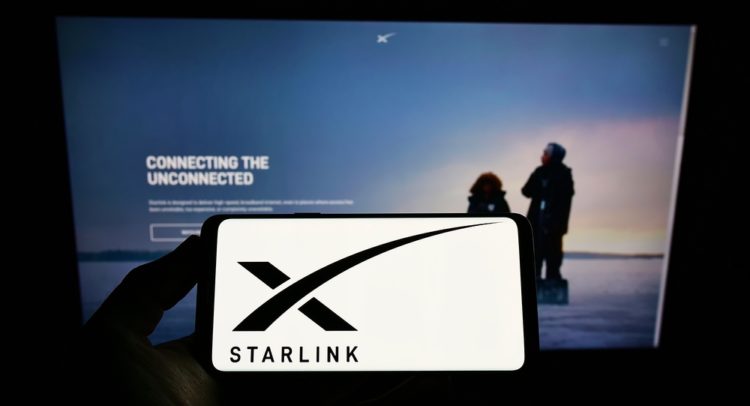Elon Musk’s SpaceX won the Federal Communications Commission’s (FCC) approval to launch up to 7,500 Gen2 Starlink satellites. This deployment will help customers, especially those in unserved or underserved regions, gain access to the next-generation satellite broadband.
Meet Your ETF AI Analyst
- Discover how TipRanks' ETF AI Analyst can help you make smarter investment decisions
- Explore ETFs TipRanks' users love and see what insights the ETF AI Analyst reveals about the ones you follow.
It’s worth noting that the FCC did not authorize SpaceX’s full application, which sought the approval to operate a constellation of 29,988 non-geostationary orbit (NGSO) satellites or Gen2 Starlink satellites. In its order and authorization notice, the FCC mentioned that it has deferred the decision on the remaining satellites in SpaceX’s application.
The FCC explained that the limited approval and related conditions will “protect other satellite and terrestrial operators from harmful interference and maintain a safe space environment, promoting competition and protecting spectrum and orbital resources for future use.”
SpaceX’s Gain is Rivals’ Loss
SpaceX’s rivals Viasat (VSAT) and Amazon’s (AMZN) Kuiper Systems had objected to the company’s application. They had raised concerns over space safety (mainly increased risk of in-orbit collisions of satellites) and competition. The FCC noted that it had “carefully considered” many significant issues raised by the “interested parties” before taking the decision to grant SpaceX a limited approval.
SpaceX has launched over 3,500 first-generation Starlink satellites into low Earth orbit. The company’s growing customer base is bothering rivals like Viasat and Dish Network (DISH). These two companies had previously challenged the FCC’s 2021 approval to deploy some Starlink satellites at a lower Earth orbit than planned.
However, in August 2022, a U.S. appeals court upheld the FCC’s decision, much to the disappointment of SpaceX’s rivals. Viasat stated that the court’s decision was a “setback for both space safety and environmental protection.” The latest FCC’s approval of SpaceX’s Starlink satellites does not bode well for Viasat and other rivals.
Is VSAT a Buy?
Wall Street is sidelined on Viasat stock, with a Hold consensus rating based on one Buy and three Holds. The average VSAT stock price target of $42.50 implies 23.3% upside potential from current levels. Shares have declined nearly 23% year-to-date.

















